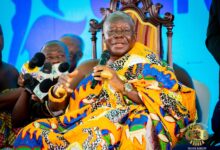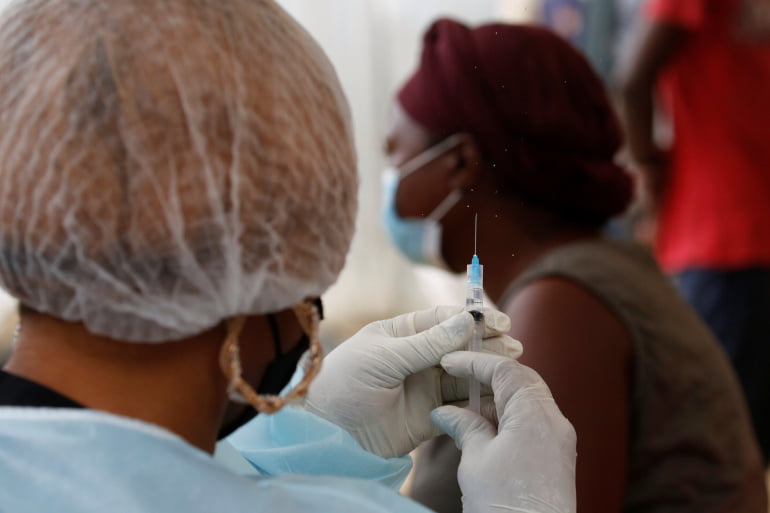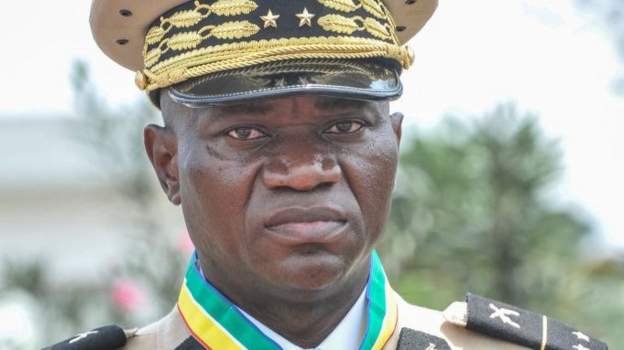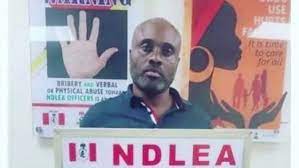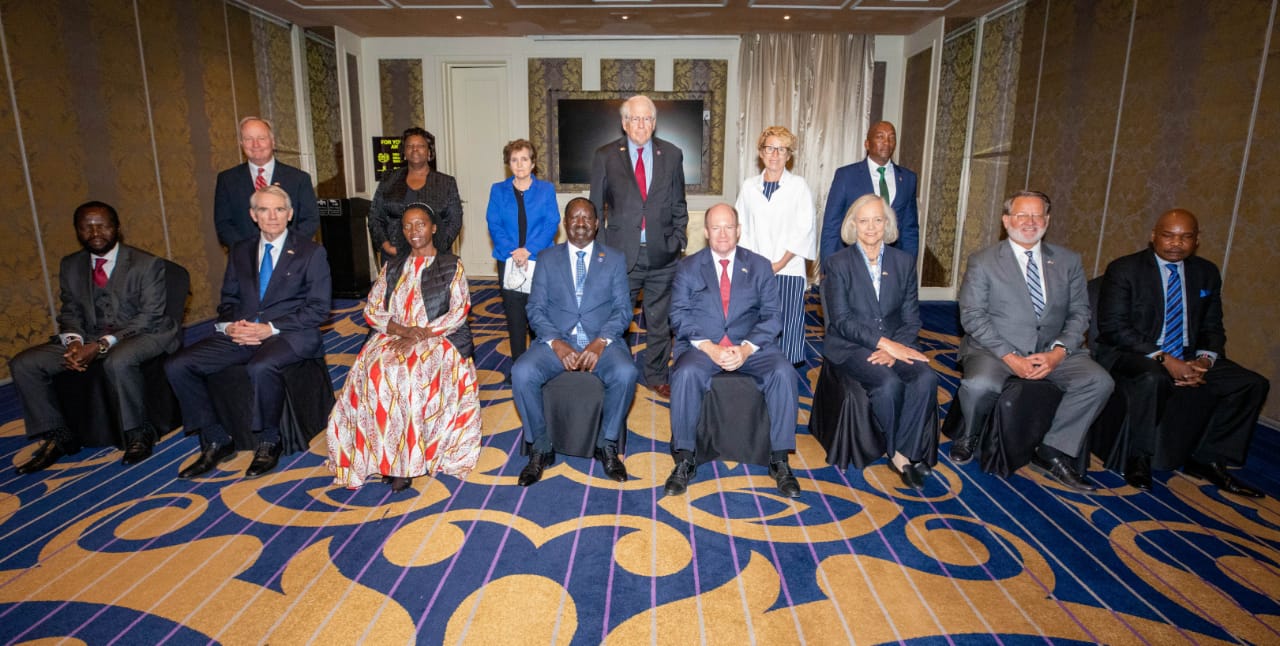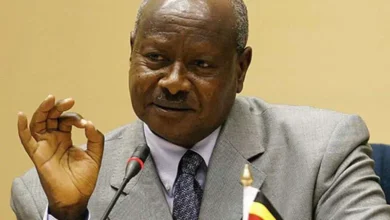The Girl Whose Drawing Sparked Police Investigation
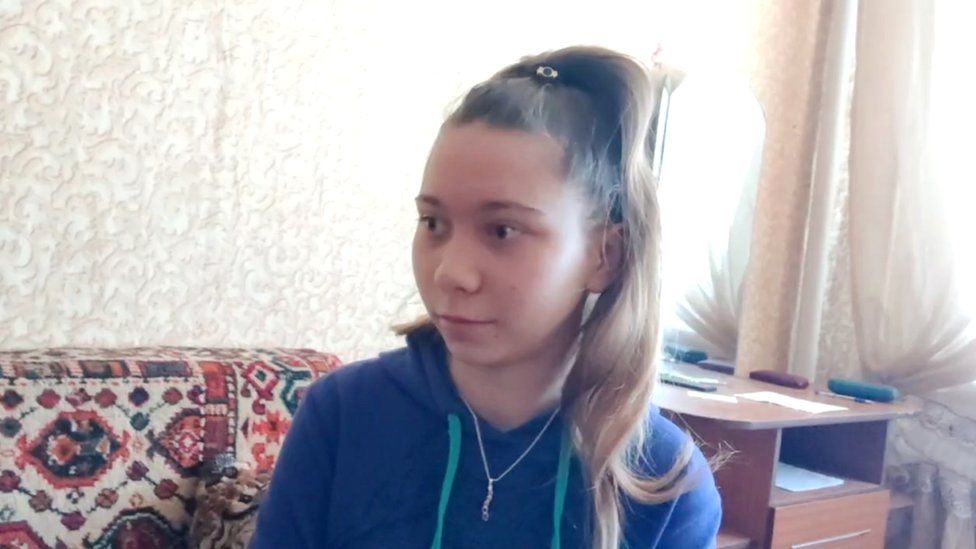
In the centre of the Russian town of Yefremov is a wall covered in pictures of war. Giant photographs of masked Russian soldiers with guns and supersized letters Z and V – symbols of the country’s so-called “special military operation” in Ukraine.
There’s a poem, too.
This is the official, patriotic picture of Russia’s invasion of Ukraine.
But in this town, 200 miles (320km) south of Moscow, you’ll find another image of the Ukraine war. A very different one.
Town councillor Olga Podolskaya shows me a photo on her mobile phone. It’s of a child’s drawing. To the left is a Ukrainian flag with the words “Glory to Ukraine”; on the right, the Russian tricolour and the inscription “No to war!”. As missiles fly in from the direction of Russia, a mother and her child stand defiantly in their path.
The picture was drawn in April 2022 by then 12-year-old Masha Moskaleva. Her father Alexei, a single parent, had contacted the town councillor for advice. He told her that after seeing Masha’s drawing, her school had called the police.
“The police started investigating Alexei’s social media,” Olga tells me. “And they told him that he was bringing up his daughter in a bad way.”
Charges followed. For an anti-war post on social media, Alexei was fined 32,000 roubles (around $415 or £338 at the time) for discrediting the Russian armed forces. A few weeks ago, a criminal case was opened against him. Again, anti-war posts formed the basis for discreditation charges.
This time Alexei faces a possible prison sentence.
Alexei is currently under house arrest in Yefremov. His daughter Masha has – for now – been sent to a children’s home. Alexei hasn’t even been allowed to speak to her on the phone.
“No one has seen Masha since 1 March,” Olga Podolskaya tells me, “despite our attempts to get access to the children’s home and to find out how she is.
“The Russian authorities want everyone to toe the line. No one is allowed to have their own opinion. If you disagree with what someone thinks, then don’t read their social media posts. But don’t put that person under house arrest and their child in a children’s home.”
We’re standing outside an apartment block in Yefremov. A window opens and a man looks out. It’s Alexei. We’re not allowed to communicate with him. Under the rules of his house arrest Alexei is only permitted contact with his lawyer, the investigator and the penitentiary service.
The lawyer, Vladimir Biliyenko, has just arrived. He’s come to deliver food and drink which local activists have bought for Alexei.
“He is very worried because his daughter is not with him,” Vladimir tells me after visiting Alexei Moskalev.
“Everything in the flat reminds him of her. He’s worried about what may be happening to her.”
I ask the lawyer why he thinks the authorities have taken Masha away.
“If they had real questions for the father, they should have invited him to give a statement. They should have invited Masha, too, and spoken to her,” Vladimir says.
“None of this was done. They just decided to send her off [to the children’s home]. In my opinion, if it wasn’t for the kind of administrative and criminal charges Alexei has received, this wouldn’t be happening. The social services seem obsessed with this family. I think it’s purely for political reasons. The family’s problems only began after the girl drew that picture.”
On the street, I ask Alexei’s neighbours what they think of the situation.
“She’s a good girl, and I’ve never had a problem with the dad,” says pensioner Angelina Ivanovna. “But I’m scared to say anything. I’m frightened to.”
“Perhaps we could collect signatures in [Alexei’s] support,” a younger woman suggests. But when asked for her opinion on what is happening, she replies: “Sorry, I can’t tell you.”
I ask if she is frightened about possible consequences.
“Yes, of course.”
It’s a short walk from Alexei Moskalev’s apartment block to School No. 9, where Masha had studied and that her father says called the police over Masha’s anti-war drawing. The school has yet to respond to our written request for comment. When we tried to visit, we were told we couldn’t come in. Our telephone calls went unanswered.
But I have visited School No. 9’s website. The images there remind me of the patriotic wall I saw in the centre of town.
The home page features Heroes of the Special Military Operation – two dozen portraits of Russian soldiers who fought in Ukraine.
There are patriotic slogans, too: “Everything for Victory. Let’s support our lads on the front line!”
Soldiers back from Ukraine visited School No.9 last October. In а speech that day school director Larisa Trofimova declared: “We believe in ourselves and in our Motherland, which can never make a mistake.”
Across town supporters of the Moskalev family and journalists are gathering at the local courthouse. The Yefremov Juvenile Affairs Commission is taking legal action to officially restrict Alexei’s parental rights.
It’s an initial hearing known as “a conversation” with the judge. Lawyer Vladimir Biliyenko says Alexei had wanted to be here in person. However he hasn’t been allowed to interrupt his house arrest to come to court, even though what’s at stake is access to his child.
In the courthouse corridor an activist unfurls a poster.
“Return Masha to her father!” it declares. A police officer tells her to take it down.
The Juvenile Affairs Commission has yet to respond to our request to comment on the case of Alexei Moskalev and his daughter Masha.
One of Alexei’s supporters, Natalya Filatova, believes the story of the Moskalev family reflects the crackdown on dissent in Russia.
“Our constitution proclaims freedom of speech, freedom of conscience, total freedom for citizens to express their opinions,” Natalya tells me. “But now we’re forbidden from doing that.”
Source: BBC


